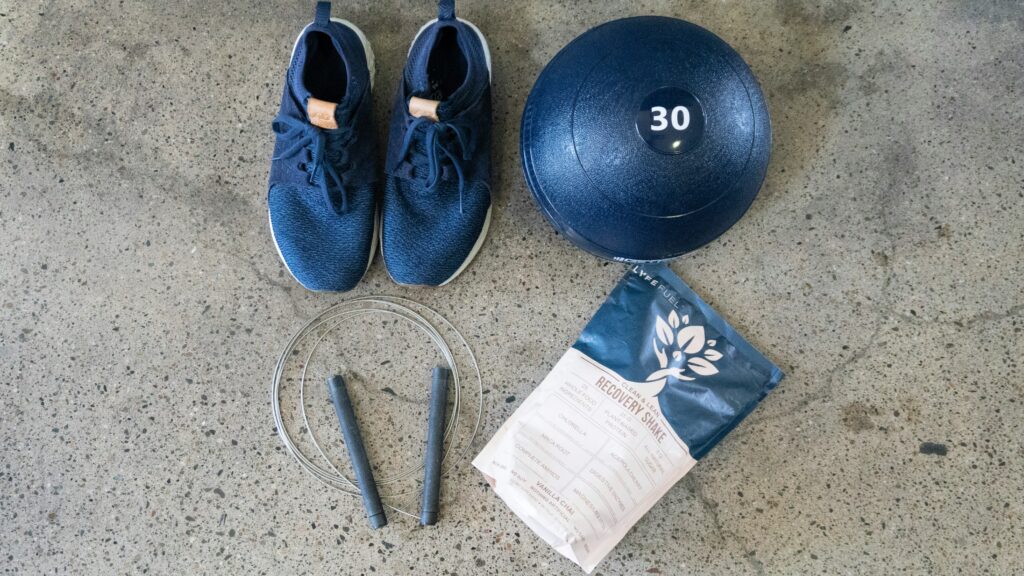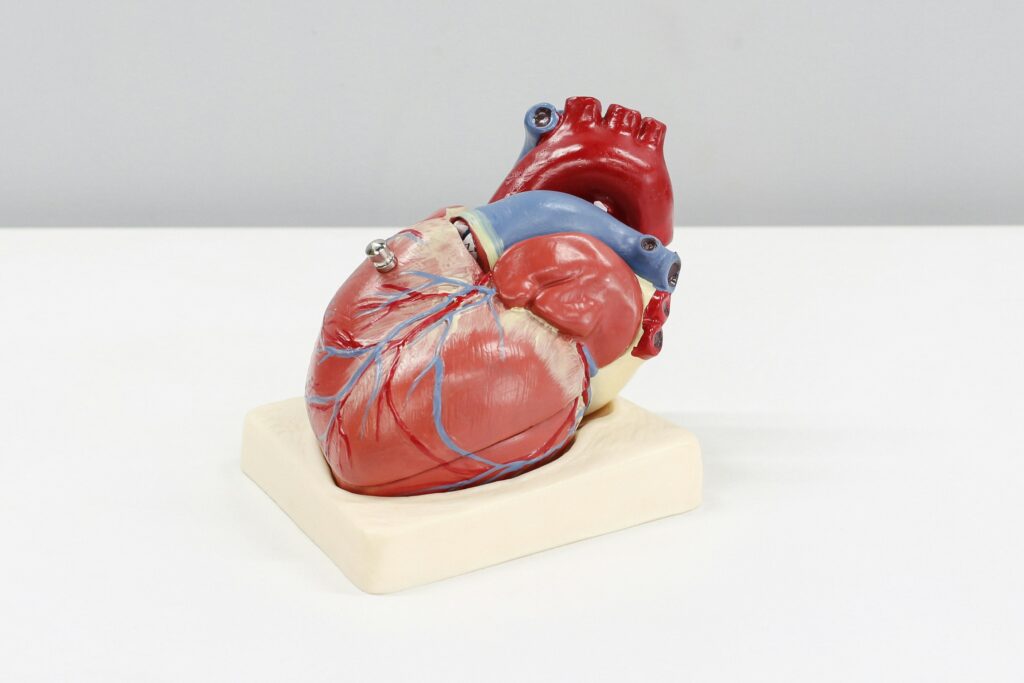Imagine waking up each day bursting with energy, your body alive with vitality, ready to conquer whatever comes your way. It might sound like a fantasy, but if you work to improve metabolism, you can make this your reality! Think of your metabolism as your body’s powerhouse, transforming the food you eat into energy and ensuring your cells receive the fuel they need to keep you active, sharp, and thriving. But what happens when this engine feels sluggish? Don’t worry—here’s your comprehensive guide for ways to improve metabolism.
Incorporate Protein-Rich Foods In Every Meal

Let’s begin with the heart of your diet—food! Your metabolism receives a considerable boost each time you eat, thanks to the thermic effect of food (TEF). Protein boasts the highest TEF, meaning your body expends more calories digesting it compared to fats or carbohydrates. Picture this: every time you savor a piece of grilled salmon, a serving of cottage cheese, or a handful of pistachios, your body ramps up its efforts to break it down. Protein also plays a crucial role in building and repairing muscle tissue, which is essential for sustaining a higher metabolic rate. Strive to include a portion of lean protein in every meal—your metabolism (and your taste buds) will appreciate the change.
Embrace Strength Training Exercises – Improve Metabolism

Here’s an interesting fact: muscle tissue burns more calories than fat tissue, even when you’re at rest. Therefore, the more muscle you have, the higher your resting metabolic rate becomes. Strength training isn’t exclusively for those aiming to build bulky muscles; it’s beneficial for anyone looking to enhance their metabolism. Imagine strength training as upgrading the fuel quality of your metabolic engine. You don’t need to lift massive weights—a set of light dumbbells, resistance bands, or even your body weight can be effective. Begin with straightforward exercises like deadlifts, planks, and bicep curls, and observe how your metabolism responds by increasing its calorie-burning capacity.
Stay Well-Hydrated Throughout The Day

You’ve likely heard the advice countless times: drink more water. However, staying adequately hydrated is crucial for maintaining an optimal metabolic rate. Dehydration can slow down metabolic processes, leaving you feeling lethargic and unproductive. Try this simple experiment: drink a large glass of cold water and notice the instant refreshment and boost in energy you feel. That’s your metabolism activating to warm the water to your body’s temperature. Experts recommend consuming at least eight glasses of water daily, but if plain water isn’t your favorite, enhance it with slices of lemon, cucumber, or a splash of natural fruit juice to make hydration more enjoyable.
Add Some Heat With Spicy Foods – Improve Metabolism

If you enjoy a bit of spice in your meals, you’re in for a metabolic treat. Spicy foods like jalapeños, habaneros, and cayenne peppers contain capsaicin, a compound that can temporarily increase your metabolism. Think of it as a small workout for your body each time you indulge in spicy dishes like chili, hot wings, or a spicy stir-fry. However, moderation is key—overloading on spicy foods can lead to digestive discomfort. Instead, incorporate moderate amounts of spices into your meals a few times a week. It’s a flavorful way to enhance your body’s calorie-burning potential without overwhelming your palate.
Incorporate Movement Throughout Your Day

We all recognize the importance of regular exercise, but here’s some uplifting news: you don’t need to spend hours at the gym to give your metabolism a boost. Short bursts of physical activity spread throughout the day can make a substantial impact. Consider simple changes like taking the stairs instead of the elevator, performing a quick series of jumping jacks during your breaks, or going for a brisk walk after meals. These small actions, known as non-exercise activity thermogenesis (NEAT), accumulate over time and help keep your metabolism active. The secret is to remain consistently active, even if it’s just for a few minutes at a time.
Prioritize Quality Sleep For Metabolic Health – Improve Metabolism

Visualize this scenario: after a sleepless night, you wake up craving sugary snacks and feeling too exhausted to exercise. This is a common experience, and it highlights the profound impact of sleep on your metabolism. Insufficient sleep disrupts your hormonal balance, particularly the hormones that regulate hunger and metabolism. When sleep-deprived, your body produces more ghrelin (the hunger hormone) and less leptin (the hormone that signals fullness). This imbalance can lead to overeating and reduced energy expenditure. Make sleep a priority, aiming for 7-9 hours of uninterrupted rest each night. Your metabolism will work more efficiently, even as you snooze.
Embrace Healthy Fats In Your Diet

Wait a minute—consume fat to burn fat? It might sound paradoxical, but healthy fats are essential for a well-functioning metabolism. Sources of healthy fats include avocados, nuts, seeds, and olive oil, all of which play a pivotal role in hormone production, including those hormones that regulate metabolic processes. Moreover, healthy fats help you feel satiated, reducing the likelihood of reaching for processed, metabolism-sabotaging junk food. The key is to enjoy these fats in moderation. A small handful of almonds or a drizzle of extra virgin olive oil over your salad can provide the benefits without excessive calorie intake.




